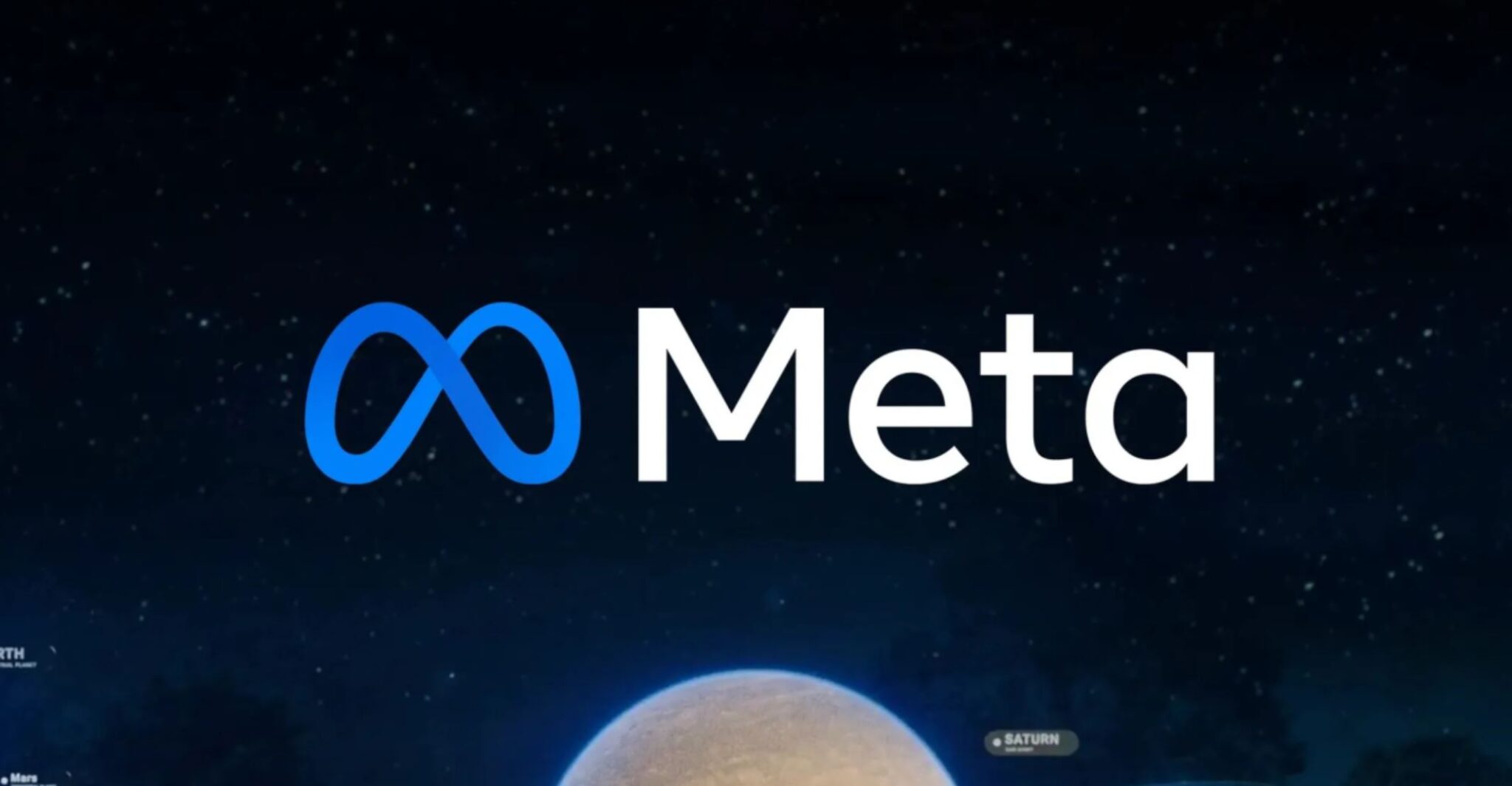Stories you may like
Cognitive Ethologist
A cognitive ethologist is a researcher who specializes in studying animal behavior with a focus on understanding the cognitive processes underlying it. By observing animals in their natural habitats and conducting experiments in controlled settings, cognitive ethologists aim to uncover the mental mechanisms and abilities that drive behaviors such as problem-solving, decision-making, communication, and social interactions. Utilizing methods from both ethology and cognitive science, they investigate how animals perceive, process, and respond to information from their environment.
The work of the cognitive ethologist provides valuable insights into animal evolution, animal welfare, and veterinary medicine. It informs strategies for protecting endangered species and preserving ecosystems. It has practical applications in fields such as animal welfare and veterinary medicine. It can offer comparative perspectives on human cognition, contributing to fields like psychology, neuroscience, and anthropology. In short, it enriches our understanding of the natural world and our place within it.
Duties and Responsibilities
With implications for various fields including biology, psychology, ecology, and conservation, the tasks and responsibilities of a cognitive ethologist generally encompass:
- Designing Experiments – planning and designing experiments to investigate specific aspects of animal cognition, including selecting appropriate study subjects, designing experimental protocols, and determining data collection methods
- Fieldwork and Data Collection – conducting field observations of animals in their natural habitats to study behavior patterns, social interactions, and cognitive processes such as memory; collecting data through various methods such as behavioral observations, video recordings, neuroimaging techniques, or using specialized equipment to measure cognitive responses
- Data Analysis and Interpretation – analyzing collected data using statistical methods and software to identify patterns, correlations, and statistical significance in animal behavior and cognition
- Literature Review – reviewing existing scientific literature to stay informed about current research findings, theories, and methodologies related to animal cognition and behavior
- Publication and Presentation – writing research papers for publication in scientific journals and presenting findings at conferences and seminars to share insights with the scientific community
- Collaboration – collaborating with other researchers, including ethologists, psychologists, neuroscientists, ecologists, and computer scientists, to integrate knowledge and methodologies from multiple disciplines and address complex questions about animal cognition
- Grant Writing – writing grant proposals to secure funding for research projects, including outlining research objectives, methodologies, and expected outcomes
- Teaching and Mentoring – teaching courses, supervising graduate students, and mentoring junior researchers to foster the next generation of cognitive ethologists and scientists
- Outreach and Public Engagement – engaging in outreach activities such as public lectures, science festivals, media interviews, and educational programs to communicate research findings and promote public understanding of animal cognition and behavior
- Ethical Considerations – ensuring that research involving animals follows ethical guidelines and regulations, including obtaining appropriate permits, minimizing stress and harm to study subjects, and prioritizing animal welfare
Workplace of a Cognitive Ethologist
Cognitive ethologists can work for various types of organizations and institutions, in both academic and non-academic settings. These are among their most common employers:
- Universities and Research Institutions – Many cognitive ethologists work as faculty members or researchers at universities and research institutions.
- Government Agencies – Government agencies involved in wildlife management, conservation, and environmental policy may employ cognitive ethologists.
- Non-profit Organizations – Non-profit organizations dedicated to wildlife conservation, animal welfare, and environmental advocacy may hire cognitive ethologists to conduct research, develop conservation programs, and advocate for policies that benefit animals and their habitats.
- Zoos, and Aquariums – Zoos and aquariums often employ cognitive ethologists to study the behavior and cognition of the animals in their care. This research can inform animal enrichment programs, exhibit design, and conservation initiatives aimed at protecting species in the wild.
- Private Sector – Some cognitive ethologists may work in the private sector, particularly in industries related to animal behavior research, wildlife management consulting, or product development for companion animals. They may be involved in conducting research, providing expertise on animal behavior and cognition, or developing products and services for pet owners.
- Consulting Firms – Consulting firms specializing in environmental impact assessments, wildlife management, and ecological research may employ cognitive ethologists to conduct research and provide expertise on animal behavior and cognition for various projects.
- Museums and Science Centers – Museums and science centers may employ cognitive ethologists to conduct research, develop educational programs, and communicate scientific findings to the public through exhibits, workshops, and outreach activities.
Here are some common aspects of the cognitive ethologist’s workplace:
- Fieldwork – For cognitive ethologists studying animals in their natural habitats, the workplace often involves outdoor environments such as forests, grasslands, or marine ecosystems. Fieldwork may require travel to remote locations, camping, and enduring various weather conditions while conducting observations or experiments.
- Laboratory – Cognitive ethologists working in laboratory settings typically have access to specialized equipment and facilities for conducting experiments, analyzing data, and storing biological samples.
- Offices and Collaborative Spaces – Like many researchers, cognitive ethologists spend time working independently and/or collaboratively in office settings, meeting rooms, or interdisciplinary research institutes.
- Teaching Spaces – Cognitive ethologists who work in academic settings may spend time teaching courses related to animal behavior, cognition, ecology, or evolutionary biology. Teaching spaces may include lecture halls, classrooms, and laboratories.
- Travel – Depending on their research projects and collaborations, cognitive ethologists may have opportunities to travel domestically or internationally to attend conferences and workshops or visit field sites.
How to become a Cognitive Ethologist
Becoming a cognitive ethologist requires dedication and curiosity and typically involves a combination of education, research experience, and specialization in the field of cognitive animal behavior. Here is an overview of the pathway to the career:
High School Diploma or Equivalent
Earn a high school diploma or equivalent. High school education provides a foundation in basic communication and math and organizational skills, and it lays the groundwork for further learning.
Bachelor's Degree
Pursue a bachelor's degree in a relevant field such as biology, zoology, psychology, neuroscience, ecology, animal sciences, wildlife science and management, or another related discipline. Ensure that your coursework includes subjects like animal behavior, cognition, ecology, evolutionary biology, statistics, and research methods.
Master’s Degree (Optional)
While some entry-level positions in cognitive ethology may be available with a bachelor's degree, many cognitive ethologists choose to pursue a master's degree for deeper specialization and research experience. A master's program typically involves coursework, independent research, and a thesis.
Doctoral Degree (Optional)
For those aiming for advanced research positions, university faculty roles, or leadership positions in the field, a Ph.D. is often necessary. A Ph.D. program involves more extensive independent research, often leading to a dissertation that contributes to the body of knowledge in ethology.
Research / Teaching Experience
Seek opportunities for undergraduate and graduate research projects, field studies, or internships with organizations involved in wildlife research, conservation, or animal behavior and cognition. This hands-on experience is crucial for developing observational skills, field methodologies, experimental design skills, statistical techniques, and data analysis capabilities.
If you’re interested in pursuing academic positions, pursue teaching assistant (TA) roles during your graduate studies.
Specialization
Choose a specialization within cognitive ethology based on your interests and career goals. Options include spatial cognitive ethology, social cognitive ethology, and evolutionary cognitive ethology. For a complete list of specializations in the field, please see the What does a Cognitive Ethologist do? section in the career overview.
Continuing Education and Research Publication
Stay informed about the latest research and advancements in cognitive ethology. Attend workshops, conferences, and seminars to present your work, and participate in professional development and networking activities to keep your knowledge current.
As you progress in your academic journey, aim to publish your research findings in peer-reviewed journals.
Certification and Professional Organizations
There isn't a specific certification widely recognized as a standard credential for ethologists comparable to certifications in some other fields. Instead, the qualifications and credentials of ethologists are primarily based on their educational background, research experience, and expertise in specific areas of animal behavior. There are, however, professional certifications and training programs related to specific skills or methodologies that ethologists might find useful, depending on their focus or specialization. Here’s a sampling:
- International Society for Applied Ethology (ISAE) – The ISAE is an organization that provides a forum for the presentation and discussion of advances in applied animal behavior science and education. Its mission is to contribute to greater understanding of the interactions between humans and other animals and to help create a better balance between animal welfare and the requirements that humans have of other animals.
- International Council of Ethologists (ICE) – The purpose of the ICE is entirely scientific and educational. Every four years, it gathers ethologists from around the world to discuss and present their research.
- International Association of Animal Behavior Consultants (IAABC) – While not specific to ethnologists, the IAABC is an organization for professionals in the field of animal behavior consulting. It provides education, certification, and a network for individuals working with animal behavior issues.
- Animal Behavior Society (ABS) – The ABS is a non-partisan, non-profit professional organization dedicated to promoting and advancing the scientific study of animal behavior, and to creating an inclusive scientific environment that supports a diverse membership. Members of ABS study behavior across all levels of biological organization, under natural and controlled conditions, and using descriptive and experimental approaches. ABS offers the Certified Applied Animal Behaviorist (CAAB) credential for professionals who have completed graduate-level education and research in animal behavior.
- Association for the Study of Animal Behaviour (ASAB) – The ASAB is a British organization founded in 1936 to promote the science and study of animal behavior. ASAB holds conferences, offers grants, and publishes a peer-reviewed journal, Animal Behaviour, first published in 1953.
- International Society for Comparative Psychology (ISCP) – The ISCP is dedicated to promoting research and collaboration in comparative psychology, which often intersects with cognitive ethology. The society hosts an annual conference, publishes the Journal of Comparative Psychology, and provides a forum for researchers interested in understanding the cognitive abilities of diverse species.
- Comparative Cognition Society (CCS) – The CCS is an interdisciplinary organization that brings together researchers interested in comparative cognition, including cognitive ethologists, comparative psychologists, and neuroscientists. The society hosts an annual conference and publishes the Comparative Cognition & Behavior Reviews.
- The Wildlife Society (TWS) – TWS is a non-profit organization dedicated to advancing the science and practice of wildlife management and conservation. It grants the Certified Wildlife Biologist (CWB) professional designation, which is designed to recognize individuals who have met specific education and experience requirements in the field of wildlife biology.
- Zookeeping and Husbandry Certifications – For ethologists working in zoos or focusing on captive animal behavior, certifications related to zookeeping, animal husbandry, or enrichment strategies may be relevant. These certifications are often provided by organizations like the American Association of Zoo Keepers (AAZK).
- Conservation Biology Certifications – Professionals in the field of conservation, including ethologists, might find certifications related to conservation biology beneficial. These are offered by organizations such as the Society for Conservation Biology.
- Research Methodology and Statistics – Ethologists often use statistical methods and research methodologies. Courses or certifications in statistics, experimental design, or specific data analysis tools, such as R or Python, could be beneficial.
Skills needed for a Cognitive Ethologist
Core Scientific & Analytical Skills
- Animal Behavior Analysis – Ability to observe, record, and interpret animal behaviors in natural or controlled environments.
- Cognitive Psychology Knowledge – Understanding learning, memory, perception, and decision-making in animals.
- Experimental Design – Designing and conducting behavioral experiments that minimize bias and ensure validity.
- Data Collection & Statistical Analysis – Using tools like R, SPSS, or Python to analyze behavioral and cognitive data.
- Comparative Research Skills – Comparing behaviors across species to understand evolutionary significance.
Technical & Research Skills
- Fieldwork Techniques – Skills in tracking, observing, and recording animals in the wild.
- Laboratory Methods – Knowledge of controlled testing, experimental setups, and ethical handling of animals.
- Neuroscience Basics – Understanding how brain function relates to behavior and cognition.
- Technology Use – Familiarity with GPS collars, bioacoustics, motion-tracking software, or AI tools for behavioral studies.
Interpersonal & Communication Skills
- Scientific Writing & Publishing – Writing research papers, reports, and grant proposals.
- Collaboration – Working with ecologists, psychologists, biologists, and conservationists.
- Public Communication – Explaining findings to non-specialists, policymakers, or conservation organizations.
- Teaching & Mentoring – Guiding students or junior researchers in behavioral studies.
Personal Attributes
- Patience & Observation – Careful attention to detail during long hours of field or lab research.
- Critical Thinking – Evaluating data and questioning assumptions about animal cognition.
- Ethical Sensitivity – Commitment to animal welfare and humane research practices.
- Curiosity & Creativity– Generating new hypotheses and experimental approaches.






User's Comments
No comments there.